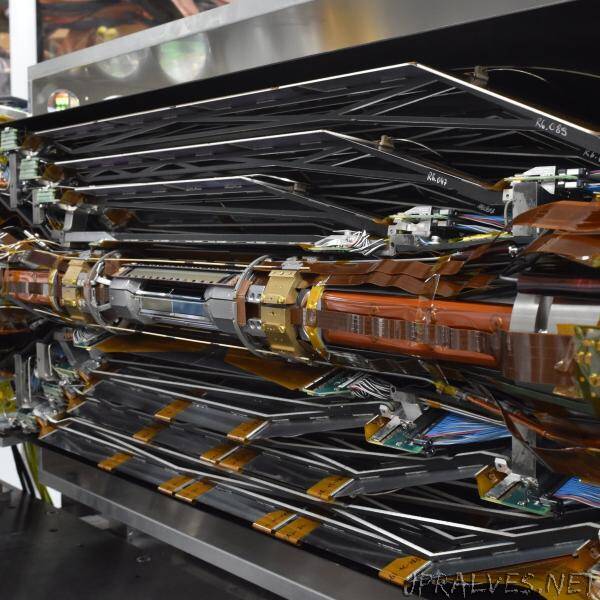
“Physicists at LMU play major role in new collaboration on digitalization in basic scientific research.
LMU physicists Thomas Kuhr and Jochen Weller are collaborating with researchers from all over Germany in the KISS project. Funded by the German Federal Ministry of Education and Research, KISS was launched to develop AI-based simulation processes that facilitate the more rapid, more flexible, and more efficient evaluation of research data compared to conventional methods. The algorithms make it possible, for example, to pool together and abbreviate complex incremental simulations of subprocesses with their predictions. Such efficiency gains are necessary, because particle detectors and telescopes are already generating large data volumes that require huge computing resources to evaluate. And now the expansion in the size of detectors and telescopes is pushing computing capacities to their limits.
“Research into cutting-edge questions of particle physics and astrophysics requires complex simulation, which we can only perform if we develop new methods,” says Thomas Kuhr, Professor of Experimental Physics (Experimental Flavor Physics). One objective of KISS, explains Jochen Weller, Professor of Astronomy (Physical Cosmology), is to promote more sustainable use of existing resources in data evaluation through the development of AI-based algorithms.
KISS – or “Artificial Intelligence for the Rapid Simulation of Scientific Data” to give its full title – is one of the projects funded under the ErUM Data action plan. This plan in turn is part of the Exploring the Universe and Matter (ErUM) framework program, through which the German Federal Ministry of Education and Research has been funding basic research into research infrastructures, including particle accelerators and large telescopes, since 2017. The research under this program ranges from quantum particles to galaxies – that is to say, from the tiniest structures of matter to the largest structures in the universe. ErUM Data was founded to create the strategic framework for leveraging the potential of digitalization in this research.”
